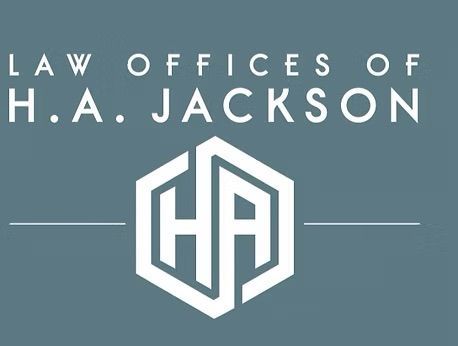Can Video Recordings Be Used As Legal Evidence?
Sep 16 2025 15:00
The Prevalence of Video Recording
In today's world, nearly everyone carries a smartphone equipped with a camera. Moreover, home security systems and workplace surveillance cameras are commonplace, capturing everyday occurrences at the press of a button. While it's convenient to record events as they happen, it's crucial to consider the legal implications of these recordings, especially when they intersect with the judicial system.
Recording in Public vs. Private Spaces
At the federal level, you're generally permitted to record video in public areas such as streets or parks where there is no expectation of privacy. However, recording in private spaces—such as restrooms, dressing rooms, or hotel rooms without consent—is illegal and can be a serious federal crime. It's essential to know that what might seem like a harmless recording could have severe legal repercussions if captured in a private setting.
The Nuances of Audio Recordings
When it comes to audio recordings, the rules differ significantly. Federal law requires the consent of at least one party involved in the conversation, but many states mandate all-party consent. If you're recording an interaction, it's critical to understand the requirements specific to your state to avoid legal pitfalls.
Workplace and Semi-Public Areas
In workplaces and semi-public areas, video and especially audio recordings may require consent or clear disclosure depending on state laws. Employers need to ensure that their surveillance practices align with legal standards, which may include notifying employees about the presence of cameras or obtaining specific permissions.
Jurisdictional Challenges in Multistate Recordings
For recordings that cross state lines, such as interstate calls, it's advisable to follow the strictest applicable law, often opting for all-party consent as the safest route. This precaution helps avoid breaching any state-specific regulations that might be stricter than federal laws.
State Laws and Legal Penalties
It's worth noting that state laws can impose stricter regulations than those at the federal level. Violating these laws can result in heavy penalties, both criminal and civil. If unsure of the legalities, consulting a legal expert before making or using recordings can prevent costly mistakes.
Pause Before You Record
While technology makes recording remarkably easy, respecting legal boundaries is critical. Before hitting "record," especially in private or semi-private settings, it's wise to pause and consider the impact. If in doubt, seeking legal advice is a prudent step that can help navigate the complex landscape of recording laws. After all, what you record today could easily end up being part of judicial proceedings tomorrow.

